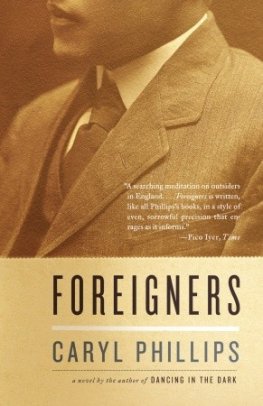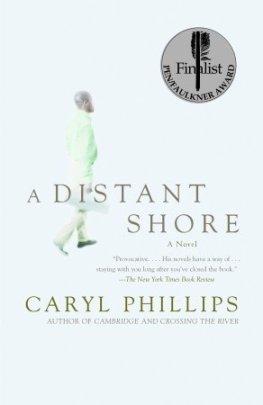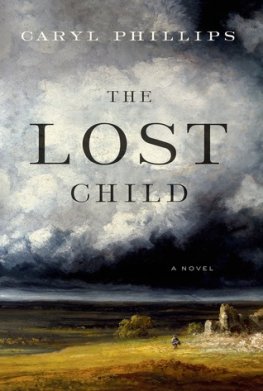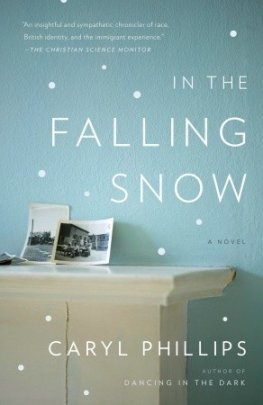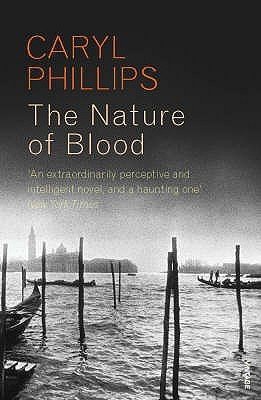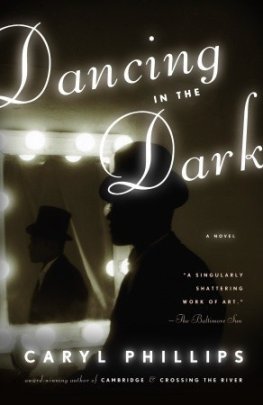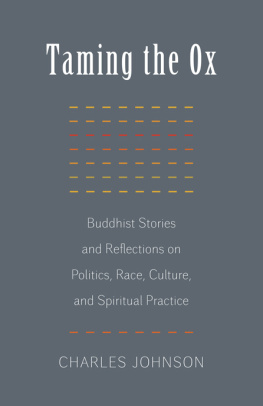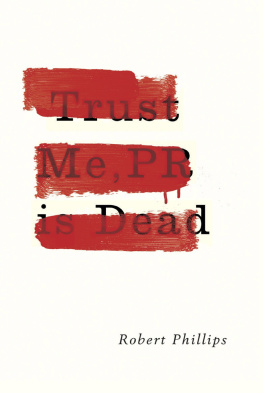I. Doctor Johnson's Watch
It was a cold December morning, and the bitter wind penetrated my black cloak with ease. However, the stubborn sun continued to shine brightly in the sky, although it failed to bestow any warmth on either myself or the two dozen sombre souls gathered outside of Bolt Court. I glanced about my person, realising that I was part of a bizarre congregation that represented both high and low society, but how could we be anything other than a queer assembly of misfits when one considered the personage who was to be buried on this melancholy English morning?
London society was still somewhat amused by the gossip relating to the recently departed Dr Johnson's final exchange with the sour-natured Sir John Hawkins, an apparently abrupt conversation which had taken place only some few short days before the doctor's death. Understanding that his mortal time was limited, the doctor had demanded of his chief executor in that stern, almost impolite, tone that he had perfected, a tenor of voice which unfortunately masked his more cordial nature, 'Where do you intend to bury me?' When the news of the doctor's question reached the ears of the leisured gentle men who recline in the smoke-filled coffee houses which constitute London's informal business world, the question served only to occasion much laughter from both those who knew the gentleman personally, and from those who knew of him by reputation. Indeed, what kind of a question was this? 'Where do you intend to bury me?' Apparently Sir John Hawkins maintained his countenance and answered plainly, 'In Westminster Abbey.' He might well have continued and punctuated his uncharacteristically civil answer with the rather less civil question, 'My good man, where else do you expect to be lain to rest?' According to Hawkins, on receiving this news the great man simply stared back and then, almost as an afterthought, he adjusted his inadequate wig. Although he was evidently drawing close to the terminus of his existence, the slovenly doctor still appeared to be insensible to the squalid spectacle that he presented. However, despite his shabby appearance, Samuel Johnson was undoubtedly the foremost literary scholar of his age, a man whom nobody would dare to deny his rightful place in the abbey next to Geoffrey Chaucer and John Dryden. Eventually, the great gentleman, as though finally understanding that his resting place was indeed to be Westminster Abbey, continued in a less stentorian voice. 'Then,' he whispered, 'if any friends think it worthwhile to give me a stone, let it be placed over me so as to protect my body.' No report was made of Sir John Hawkins' reply, if indeed there was any, to this plaintive, and surprisingly coy, request by the good doctor.
On the Monday after the doctor took his leave from this earthly world, we subdued mourners gathered on the narrow pavement outside of Bolt Court. Our gloomy congregation could not be accommodated within the modest confines of Dr Johnson's house and, I confess, at this time I was not a member of that privileged inner circle who strolled boldly from their carriages and knocked upon the door before waiting confidently for admittance. Sixteen years ago, I was little more than a minor literary wit in London society, but more properly I was regarded as a financial investor, a man of the City. My participation in Dr Johnson's wider circle was unquestioned, but good manners prevented me from attempting to assert a prominence which I had not yet earned. Accordingly, I stood with the less celebrated members of the Literary Club and first stamped my feet, and then rubbed my hands together against the cold, determining that I would remember every last detail of this momentous day so that I might set it down for those who came after me. I was sure that other, more accomplished, pens would eventually make fine prose from the events that were about to unfold, but I remained hopeful that my own modest observations might have some future resonance.
And then, at precisely twelve o'clock, with the sound of City bells pealing gaily in the distance, the door to Bolt Court was thrown open and out into the daylight emerged the grief-stricken figures of the Revd Mr Strahan and the Revd Mr Butt, both of whom were attired in their sootiest frock coats and whose faces were decorated with a grave aspect. While weak sunlight still conspired to brighten the mood of the day, these two imposing men looked all about themselves before standing to one side. Thereafter, the six stern-faced pall-bearers viz. Mr Burke, Mr Windham, Sir Charles Bunbury, Sir Joseph Banks, Mr Colman, and Mr Langton walked gingerly from the house with the burdensome body of the deceased carefully balanced at shoulder height, its weight evenly distributed between them. All eyes were upon these half-dozen men as they prudently inched forward and then deposited the doctor into the hearse, while others who had been gathered inside of the house now spilled out on to the pavement and began distributing themselves into the various coaches that were waiting to transport those afflicted with tenderness and sorrow to the abbey.
The procession departed promptly at a quarter after noon with the hearse and six in front, and the executors viz. Sir John Hawkins, Sir Joshua Reynolds, and William Scott, LLD taking up the immediate rear in an attractive coach and four. Behind them were arranged a further eight coaches and four, which provided transportation for the favoured members of the Literary Club and other close friends of the deceased. Behind these eight coaches were two more coaches and four, which contained the pallbearers, and behind them another two coaches and four which would convey a small group of gentlemen who had kindly volunteered to help in any way they could. Closing the procession were no less than thirteen gentlemen's carriages, which spoke to both the affection in which the doctor was held and to his high social status, all the more remarkable when one considers that this most distinguished of men had been born into undeniably modest circumstances.
I understood that I was to have the great honour of riding in one of the eight coaches that had been designated to transport the doctor's inner circle. Not wishing to press my suit, I waited until the last possible moment and was eventually ushered into the rearmost vehicle. Once there I was surprised to find myself sharing the coach with Dr Johnson's faithful negro servant, Francis Barber, and another man who appeared, by his slipshod dress, to be an English servant of some description who had fallen below even this low station of life. The man appeared to be uncomfortable, and he immediately stared out of the window, as though concentrating hard upon some person or object in the distance. I soon surmised that this was probably his way of disguising his embarrassment at having entered a place which made him feel inadequate. Either this, or his seemingly purposeful gawping was enabling him to stifle a grief that might otherwise grow uncontrollable. I soon turned my attention from this nameless fair-skinned lackey and fixed my gaze upon the polished sable exterior of the renowned Francis Barber. I had, of course, previously made the acquaintance of the doctor's negro attendant, most commonly when the negro ushered me into the doctor's house, and then, later in the evening, when he conducted me out of the same establishment. On other occasions the black man might accompany his master on the short journey to a tavern in order that the doctor might dine in the company of a small gathering of his admirers, myself included, and once present the negro would sometimes linger a while before disappearing into the night. However, these few encounters with Francis Barber stimulated precious little in the way of conversation between us, save the normal pleasantries between superior and inferior that one might expect in civilised society. Nevertheless, I had formed a favourable opinion of the sooty fellow as one who remained quietly devoted to his master while exhibiting some occasional exuberance of personality such as one might reasonably anticipate from a member of his race.

